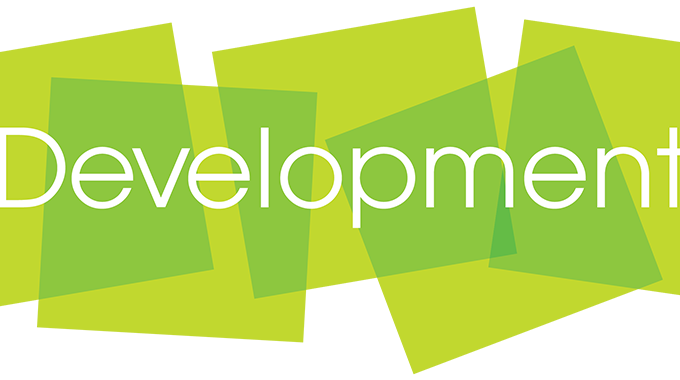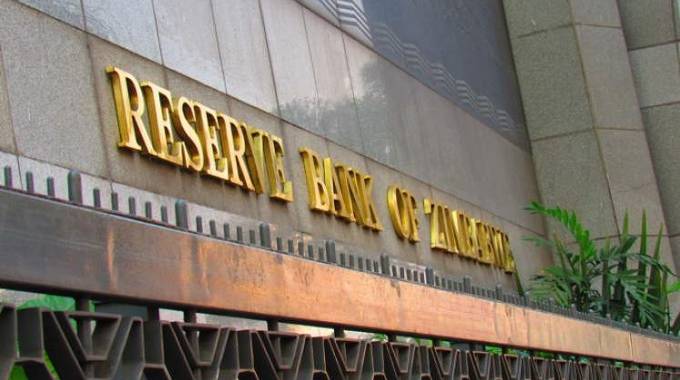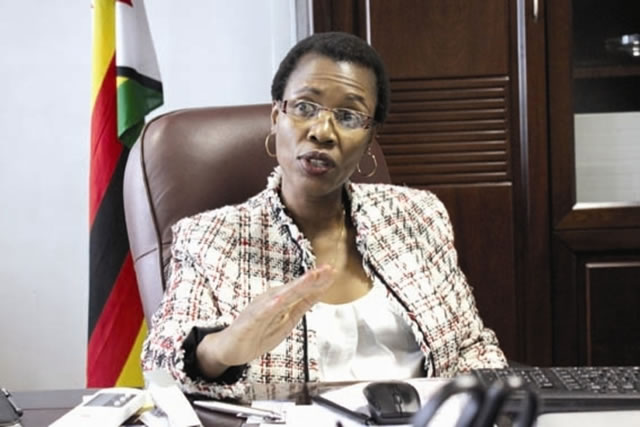The courage to build a better future: A National Development Strategy

Prof Mthuli Ncube Minister of Finance and Economic Development
The Greek philosopher Aristotle noted that “Courage is the first virtue that makes all other virtues possible”, before listing bravery, modesty, righteousness, justice and sincerity, among others, as key virtues that a person should aspire to.
Zimbabwe is a nation which embodies these virtues. Our people are humble and hard-working, pious and persevering. Most of all, we are courageous, and it is thanks to our courage that we have managed to endure the hardships we have faced, from the mismanagement and corruption of yesteryear, to the recent cyclone, droughts and Covid-19 pandemic. The same attitude has been applied to the crafting of economic policy. While a policy must be just and fair, courage is often required to take the tough decisions which can bring short-term pain, for the sake of long-term gain. We had the courage to cut spending, we had the courage to implement real belt-tightening while bringing in a much debated, but ultimately successful 2 percent money transfer tax, and we had the courage to gain crucial sovereign control over our currency in spite of all the naysayers.
Of course, where we had to spend, we spent. In response to this pandemic, for example, Government instituted a stimulus package equivalent to 9 percent of GDP ($18,02 billion). But this was sensible, supportive and stimulative spending.
For the last year or so, various observers wrote off Zimbabwe’s Transitional Stabilisation Programme (TSP). Thankfully they have now been proven wrong. While politicians and journalists naturedly look for short-term populist wins, we economists have to draw up plans for the long run; and already this is bearing fruit. In fact, we have received plaudits from around the world as Government achieved a current account surplus for the first time in decades. The TSP was first and foremost about macro-stabilisation, and building a foundation for strong shared growth. The current Budget Strategy Paper for our new National Development Strategy (NDS), marking the end of the successful TSP, focuses on resilience and recovery.
As the global economy faces an unprecedented period of uncertainty, Zimbabwe must adjust to the new global situation with the ability to withstand any potential climatic, health or external macroeconomic shocks.
In 2021, Zimbabwe’s economy stands to move beyond the woes of cyclones and pandemics, with a growth projection of 7.4 percent, largely due to the tough measures implemented by the TSP. Indeed, fiscal consolidation is vital for economic stability.
Crucially, Zimbabwe will enter 2021 with control over both its fiscal and monetary fate. This is vital if we are to rein in inflation — a matter Zimbabweans tragically understand more than most. Already, annual inflation is set to slow to 134 percent in 2020, as opposed to the previous forecasts of over 300 percent.
Month-on-month inflation is similarly expected to fall into single digits by the end of the year as we continue to keep the deficit below three percent of gross domestic product (GDP), while current projections forecast a deficit of just 1.23 percent in 2021.
Furthermore, the introduction of a market-based foreign exchange auction system is being supported by implementation of strong fiscal and monetary policies for stabilising inflation, and the preservation of the external value of the local currency.
While restructuring, we also continue to rebuild, investing in vital infrastructure. Everywhere you look, roads are being built and improved. On the energy front, from the Hwange expansion, to the Kariba dam rehabilitation and solar and hydro projects across the country, we are tackling the immense challenges we have faced for far too long. We are moving away from dark times, and turning the lights back on.
Likewise, irrigation and water infrastructure projects are at the very top of our agenda, while Agriculture is the backbone of our economy, and vital for our food security.
In the health and education sectors, we will continue to improve, upgrade and renovate. Under the new dispensation we have already seen some real improvements in these areas. Institutional maternal mortality, for example, has been reduced by 98 percent, while the proportion of pregnant women attending antenatal care 4+ visits reached 89 percent.
In higher and tertiary education, we have completed the construction of new infrastructure at eight universities, eight polytechnics and four teachers colleges. Furthermore, we have established innovation hubs at five state universities, while industrial parks in Mashonaland West and Harare Provinces were constructed. Notably, we have placed a priority on instituting key reforms to improve the ease of doing business. These reforms targeted administrative and other legislative bottlenecks, including decreasing the time and cost of opening a business, implementing faster approval for construction permits, intensifying the fight against corruption and securing property rights. These efforts were recognised by the World Bank, which listed Zimbabwe as one of the top five business reformers in Africa, and top 20 in the world.
Moving forward, the NDS will build on this with a particular focusing on inclusive growth and macro-stability; developing and supporting productive value chains; optimising value in our natural resources; investing in infrastructure, ICTs and the digital economy; developing human capital and well-being; building effective institutions and governance; as well as stepping up our international engagement and re-engagement.
We will continue to invest smartly with capital development expenditures targeted at 4.5 percent of GDP annually, while saving where we can. The wage bill must be kept below 50 percent of total expenditure, while on the revenue side, tax collection systems will continue to be digitalised, with revenue leakages sealed and tax incentives streamlined.
Our eyes will remain fixed on the prizes of equal and universal access to education and health care, social protection programmes and infrastructure development that covers the entire country including remote areas.
Mining will as always remain a leading sector in sustaining high and holistic growth, and we have set a US$12 billion mining industry target by 2023, with new market based policies bringing an unprecedented level of transparency to the field.
State-owned enterprises, in desperate need of reform for far too long, will be reformed and restructured. This is a long and complex process, and we must be careful not to make the same mistakes other countries have made when privatising, liberalising and reforming. It is crucial that the process is transparent, fair and efficient. Above all, we will look to stimulate job creation wherever we can, with a particular emphasis on youth and women.
The 2021 Budget will thus further support and broaden the Youth Employment Tax Incentive (YETI), as well as capacitating empowerment institutions such as the Women and Development Bank, Zimbabwe Women Microfinance Bank, Community Development Fund and Empowerment Bank.
It is for the virtuous and courageous people of Zimbabwe that we will work, day and night, to create the job opportunities this nation deserves. Though much progress has indeed been made, we are not blind to the suffering. Zimbabwean poverty is all too real. But we have — through a process of national sweat and toil — finally restructured the foundations upon which we can build a prosperous future worthy of this great nation.
We have reformed and restructured, now we must have the courage to rebuild.











Comments